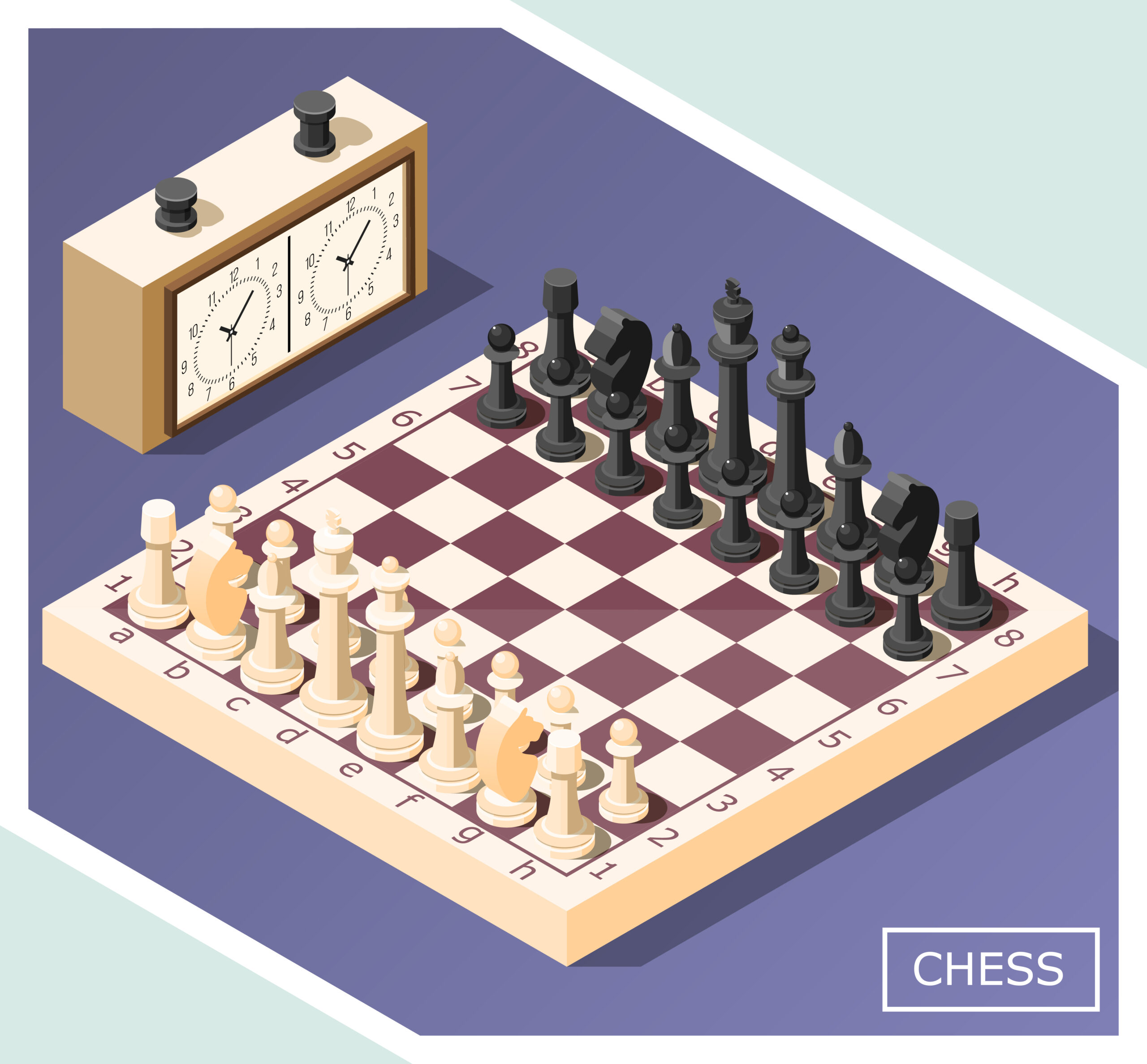In the realm of competitive games, time management is crucial. One of the most iconic tools associated with this concept is the chess clock. While primarily linked to the game of chess, its usage extends to various time-sensitive activities in both traditional and modern settings. This article delves into the intricacies of the chess clock, its significance in chess, and its application in other sports and games.
The Origin of the Chess Clock
Historical Background
The concept of timekeeping in chess dates back to the 19th century. The first chess clocks were designed in the early 1800s, allowing players to monitor the time spent on each turn. Initially, these clocks were mechanical, with players manually winding them and flipping a switch to record the end of their turn.
Evolution of the Chess Clock
As chess became more formalized and competitive, the need for precise timekeeping grew. The introduction of the double clock—two clocks used simultaneously for both players—revolutionized the game. This innovation ensured that each player had equal time and emphasized the importance of time management in chess strategy.
How a Chess Clock Works
Basic Mechanics
A chess clock typically features two timers, each controlled by a switch. When a player makes a move, they press their clock’s button, stopping their timer and starting their opponent’s. This mechanism allows both players to keep track of their allocated time.
Time Controls
Chess clocks can be set to various time controls, influencing how long each player has to make their moves. Common formats include:
- Classical Time Control: Each player receives a set amount of time, often ranging from one to several hours for the entire game.
- Rapid and Blitz: These faster formats allocate less time per player, with rapid games typically ranging from 10 to 25 minutes, while blitz games usually provide 3 to 5 minutes.
- Increment and Delay: In these formats, players receive a small amount of extra time after each move, encouraging quicker gameplay.
The Importance of Time Management in Chess
Strategic Depth
Time management is a fundamental aspect of chess strategy. Players must balance their time spent on each move with the need to make sound strategic decisions. Rushing a move can lead to blunders, while taking too long may result in time pressure and a rushed endgame.
Psychological Factors
The chess clock also adds a psychological element to the game. Knowing that time is running out can create pressure, influencing decision-making. Skilled players often leverage their opponents’ time constraints to gain a psychological edge.
Chess Clock in Other Sports and Games
Various Applications
While the chess clock is synonymous with chess, it has found its way into various other sports and games where time management is crucial.
1. Go
In the ancient board game of Go, players use a similar timekeeping system. The go clock ensures that each player adheres to their time limits, promoting strategic thinking and careful planning.
2. Bridge
In the card game bridge, time controls can be implemented for competitive play. Players must complete their hands within the allotted time, making the bridge clock a valuable tool for maintaining pace.
3. Scrabble
Scrabble tournaments often utilize chess clocks to keep games moving. Players must manage their time effectively to score the most points while making optimal word choices.
E-Sports and Online Gaming
The concept of time management extends to various online games, particularly in competitive environments. Games like StarCraft and League of Legends utilize timers to regulate match pacing, ensuring that players remain engaged and that games progress efficiently.
Advantages of Using a Chess Clock
Promotes Fair Play
Using a chess clock ensures that both players have equal time to make their moves, promoting fairness in competitive settings. This aspect is vital in maintaining integrity in tournaments and matches.
Enhances Focus and Concentration
The presence of a chess clock encourages players to remain focused and concentrate on the game. Knowing that time is a factor can heighten awareness and decision-making skills, leading to more engaging gameplay.
Teaches Time Management Skills
Incorporating a chess clock into gameplay can teach valuable time management skills applicable in various life scenarios. Players learn to prioritize decisions, allocate resources, and manage stress under pressure.
Conclusion
The chess clock, a vital instrument in the world of chess, exemplifies the importance of time management in competitive gaming. While it primarily serves chess players, its influence extends to various sports and games where strategic thinking and pacing are essential. As time-sensitive activities continue to evolve, the chess clock remains a relevant and valuable tool, fostering fairness, focus, and skill development among players.
In an era where quick decision-making is more important than ever, understanding and utilizing a chess clock can enhance not only your game but also your approach to problem-solving in everyday life. Whether you are a seasoned chess master or a casual player, the chess clock is a reminder that every second counts.



